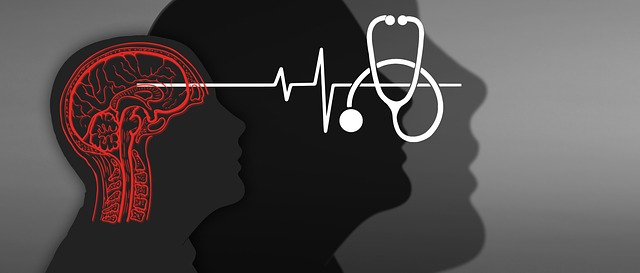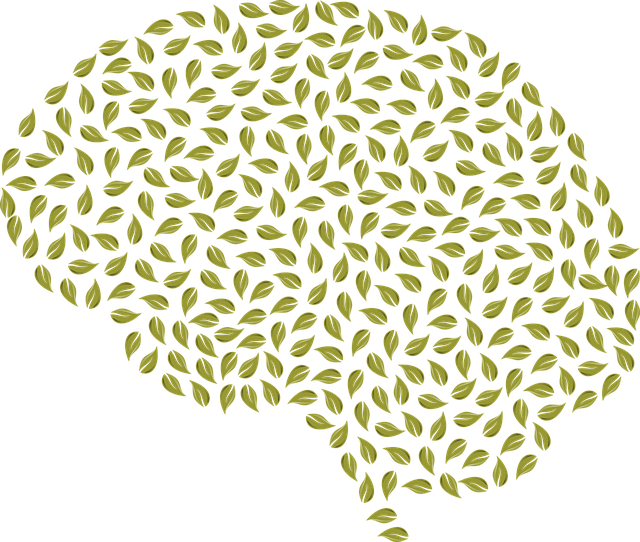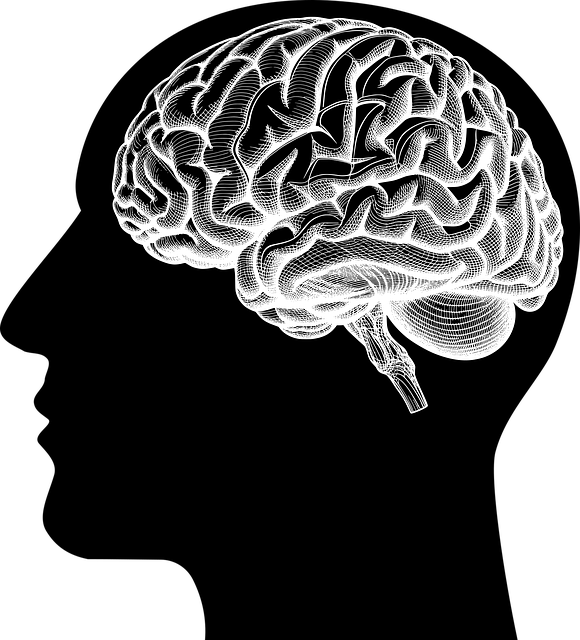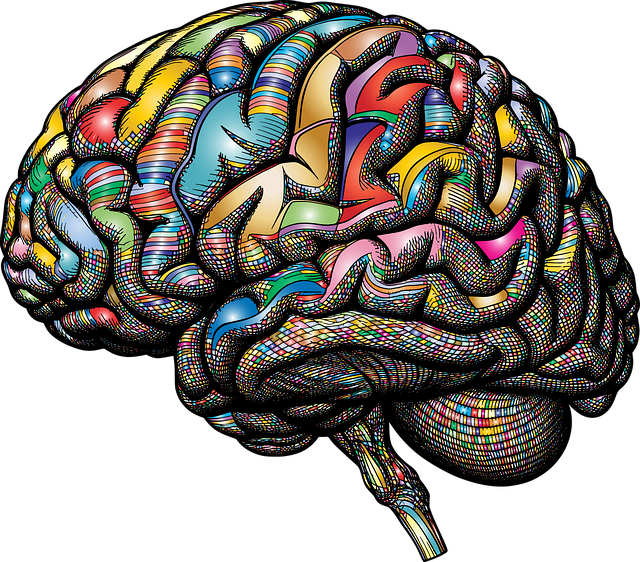Northglenn Drug Abuse-Substance Abuse Therapy emphasizes emotion regulation as a cornerstone of recovery and mental wellness, offering innovative strategies like mindfulness, cognitive reframing, and risk management planning. Through structured curricula integrating practices like deep breathing, meditation, and emotional awareness, they empower individuals to manage intense emotions, improve impulse control, and navigate stress effectively. This holistic approach, supported by comprehensive risk assessments and personalized care, has proven successful in improving emotional well-being, particularly for those dealing with depression or PTSD.
Emotion regulation techniques are essential tools for managing and understanding our internal states. This article explores the significance of teaching these skills, particularly in therapeutic settings, using Northglenn Drug Abuse-Substance Abuse Therapy as a case study. We’ll delve into common effective techniques and their successful integration, highlighting real-world applications that foster healing and personal growth. Understanding emotion regulation is no longer just theoretical; it’s a powerful practice with tangible outcomes.
- Understanding Emotion Regulation and Its Significance
- Common Techniques for Teaching Emotion Regulation Skills
- Integrating These Techniques in a Therapeutic Setting
- Case Studies: Success Stories from Northglenn Drug Abuse-Substance Abuse Therapy
Understanding Emotion Regulation and Its Significance

Emotion regulation is a vital skill that enables individuals to navigate life’s challenges and maintain mental well-being. It involves understanding, managing, and responding to emotions in adaptive ways, ensuring they don’t overwhelm or control one’s thoughts and actions. This process is crucial for overall health, especially for those seeking recovery from Northglenn Drug Abuse-Substance Abuse Therapy. Effective emotion regulation strategies can help individuals break free from destructive behaviors often associated with addiction, such as self-medication through drugs or alcohol.
By learning to recognize and manage their emotions, individuals can enhance their coping mechanisms, reduce stress, and improve their overall quality of life. The Emotional Healing Processes play a significant role here, allowing one to process traumatic experiences and develop healthier responses. Moreover, Risk Management Planning for Mental Health Professionals is essential in providing support and guiding individuals through difficult emotional periods. This, in turn, can lead to better mental health outcomes and increased resilience, even when facing life’s challenges or triggers that might otherwise trigger anxiety relief.
Common Techniques for Teaching Emotion Regulation Skills

Teaching emotion regulation skills is a crucial aspect of comprehensive mental health education. Common techniques employed by therapists and counselors in Northglenn Drug Abuse-Substance Abuse Therapy centers often include mindfulness practices, such as deep breathing exercises and meditation, which help individuals stay grounded in the present moment and manage intense emotions. These methods are particularly effective for those struggling with impulse control and reactivity to stressful situations.
In addition to mindfulness, cognitive reframing and behavioral activation techniques are frequently used. Cognitive reframing involves identifying and challenging negative thought patterns, replacing them with more balanced perspectives that promote emotional well-being. Behavioral activation focuses on encouraging individuals to engage in activities that enhance mood and provide a sense of purpose, which can be especially beneficial for those dealing with depression or post-traumatic stress (PTSD), as offered by Trauma Support Services. Mental Health Education Programs Design often incorporate these strategies into structured curricula to equip individuals with practical tools for self-regulation and improved quality of life.
Integrating These Techniques in a Therapeutic Setting

Integrating effective emotion regulation techniques into a therapeutic setting is a cornerstone of Northglenn Drug Abuse-Substance Abuse Therapy. These strategies empower individuals to manage their emotions, thereby reducing the risk of relapse and promoting long-term recovery. Mental health professionals play a vital role in teaching clients how to identify triggers and develop healthy coping mechanisms. By incorporating practices such as mindfulness, cognitive reframing, and emotional awareness into therapy sessions, therapists can facilitate significant improvements in mood management.
A structured approach, including regular practice and feedback, ensures that clients build inner strength and resilience. This holistic process not only enhances their ability to navigate challenging situations but also improves overall mental health. Given the complex nature of substance abuse and co-occurring disorders, a comprehensive risk assessment is crucial for tailoring these techniques to individual needs. Such personalized care increases the likelihood of positive outcomes and fosters a sustainable path toward well-being, even in the face of difficult circumstances.
Case Studies: Success Stories from Northglenn Drug Abuse-Substance Abuse Therapy

Northglenn Drug Abuse-Substance Abuse Therapy has been making waves through its innovative approach to emotion regulation techniques teaching. Case studies from this program highlight remarkable success stories, demonstrating the power of tailored interventions. Participants have reported significant improvements in their ability to manage and express emotions healthily, leading to better overall mental wellness. The therapy integrates various methods, including Mental Wellness Journaling Exercises and Self-Awareness Practices, into its guidance programs.
This holistic approach ensures that clients develop a deep sense of self-awareness, enabling them to navigate life’s challenges with enhanced resilience. Furthermore, the therapy’s focus on Mental Health Education Programs Design has empowered individuals to make informed decisions about their emotional well-being. These success stories serve as a testament to the program’s effectiveness, showcasing how these techniques can transform lives and contribute to a thriving mental health landscape.
Emotion regulation techniques are invaluable tools in therapeutic settings, as evidenced by the success seen at Northglenn Drug Abuse-Substance Abuse Therapy. By integrating these skills, therapists can empower individuals to navigate their emotions effectively, leading to improved mental health and well-being. The common techniques discussed, when tailored to individual needs, offer a comprehensive approach to managing emotions and preventing future substance abuse. This holistic strategy not only benefits the individual but also contributes to creating a more resilient community.














